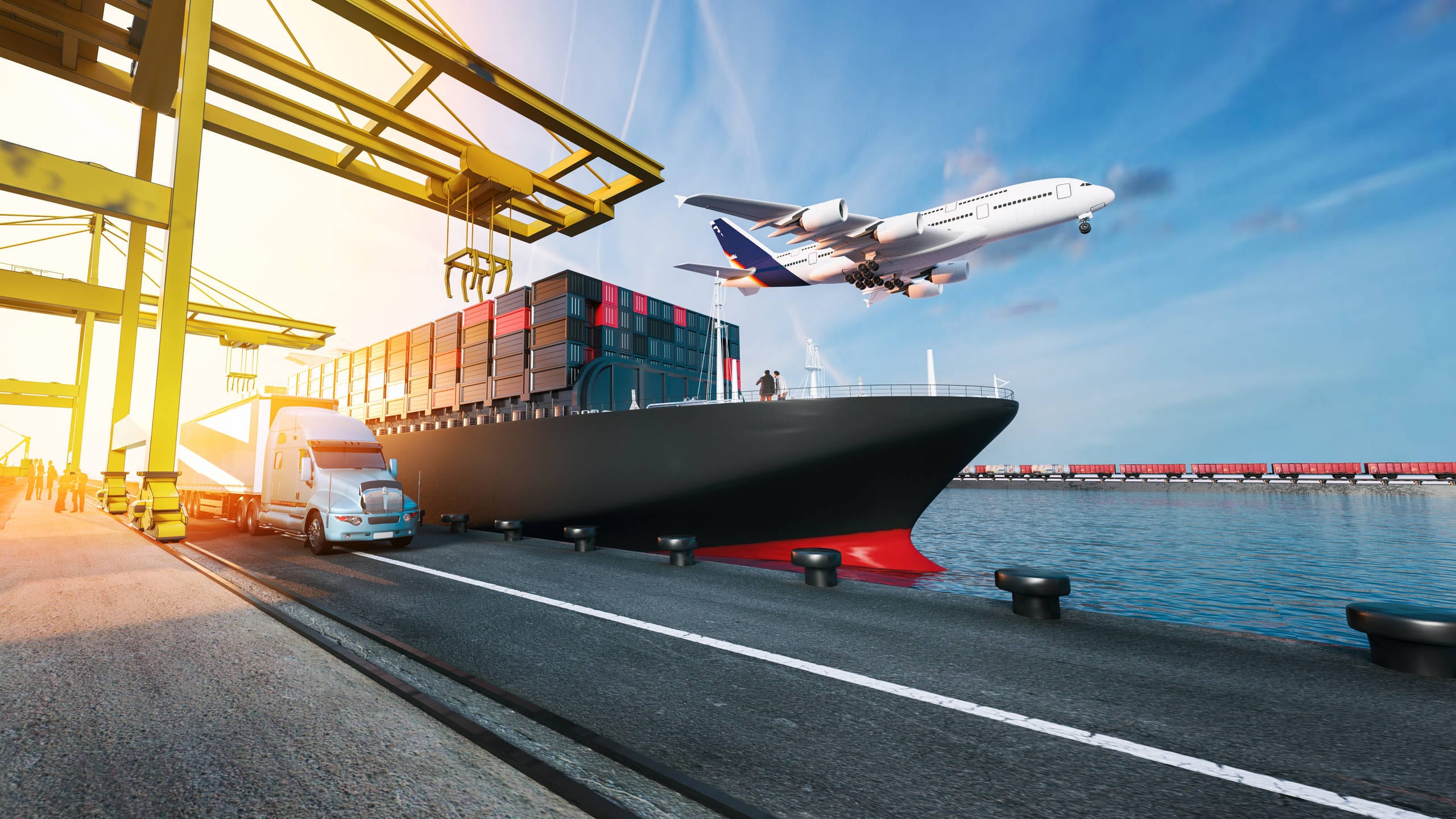The shipping of goods across huge distances is made possible in large part by the ocean freight industry. Marine logistics companies need to always look to maximize their operational efficiency to stay competitive and meet the growing demand for economical and efficient transportation. Strategic planning combined with cutting-edge technology may help these companies streamline their processes, cut expenses, and increase customer satisfaction.
Accepting the Digital Revolution
The ocean cargo services industry has been significantly impacted by technological advancements, changing the way businesses operate. Embracing digital transformation is essential to increasing the efficiency of maritime freight operations. Businesses can use advanced software solutions to automate tasks such as real-time data analysis, document management, and freight tracking. By digitizing these processes, businesses can save paper, reduce errors, and increase overall efficiency.
Combining machine learning (ML) methods with artificial intelligence (AI) also enhances cargo allocation, vessel scheduling, and route planning. To find the best paths and prevent delays, these technologies can evaluate a lot of data, such as weather patterns, port congestion, and vessel availability.
Improvement of Cooperation and Exchange
The best efficiency in ocean freight operations depends on effective coordination and communication among all parties involved. To ensure easy coordination and streamlined operations, a sea logistics company should establish strong relationships with ports, customs officers, and other relevant organizations.
Real-time information transmission may be encouraged by putting in place robust lines of communication and data-sharing platforms, which would allow for proactive decision-making and reduce interruption. Regular get-togethers and open conversations among interested parties may also highlight areas that require improvement and expeditious settlement of any obstacles.
Simplifying Ship Management
The effectiveness with which maritime freight operations are carried out is significantly influenced by the boats. The top focus for sea logistics firms should be vessel optimization through the use of cutting-edge maintenance methods such as condition-based monitoring and predictive maintenance. These methods make use of data analytics to foresee possible equipment breakdowns and prepare preventative maintenance tasks, therefore lowering unexpected downtime and minimizing interruptions.
To lessen both their environmental effect and running expenses, businesses can also look into alternate fuel sources and environmentally friendly vessel design. Energy-efficient vessel investments and the investigation of technologies like hydrogen fuel cells or liquefied natural gas (LNG) may both increase efficiency and support sustainable operations.
Planning Port Operations
Ocean freight logistics are mostly dependent on ports, and inefficiencies here can significantly reduce total operational performance. Sea logistics businesses may reduce traffic and turnaround times by putting regulations in place and streamlining processes in collaboration with port authorities.
Automated guided vehicles (AGVs) and automated stacking cranes are two instances of automation technologies that can be applied, as an equipment optimization for handling freight. Transparency and paperwork may also be improved by putting blockchain-based solutions into place and embracing paperless customs-clearing procedures.
Technology and Continuous Development
Keeping a competitive advantage in the fast-paced, continually evolving marine logistics industry requires innovation and continuous development. Businesses should promote an environment of lifelong learning and invite staff members to point out areas that need work and provide creative fixes.
Regular process audits, industry best practices benchmarking, and stakeholder and consumer input gathering can point out areas for optimization. Businesses should also do R&D to look at new approaches and future technologies that might completely change the way marine freight is handled.
Conclusion
It takes a comprehensive strategy to optimize efficiency in marine freight operations since it is a complex task. Through the adoption of digital transformation, increased collaboration and communication, vessel and port operations optimization, and the development of a culture of ongoing improvement, marine logistics companies may save costs, streamline operations, and provide excellent customer service. Surviving in the very competitive marine logistics industry requires innovation and adaptability to keep one ahead of the curve.
